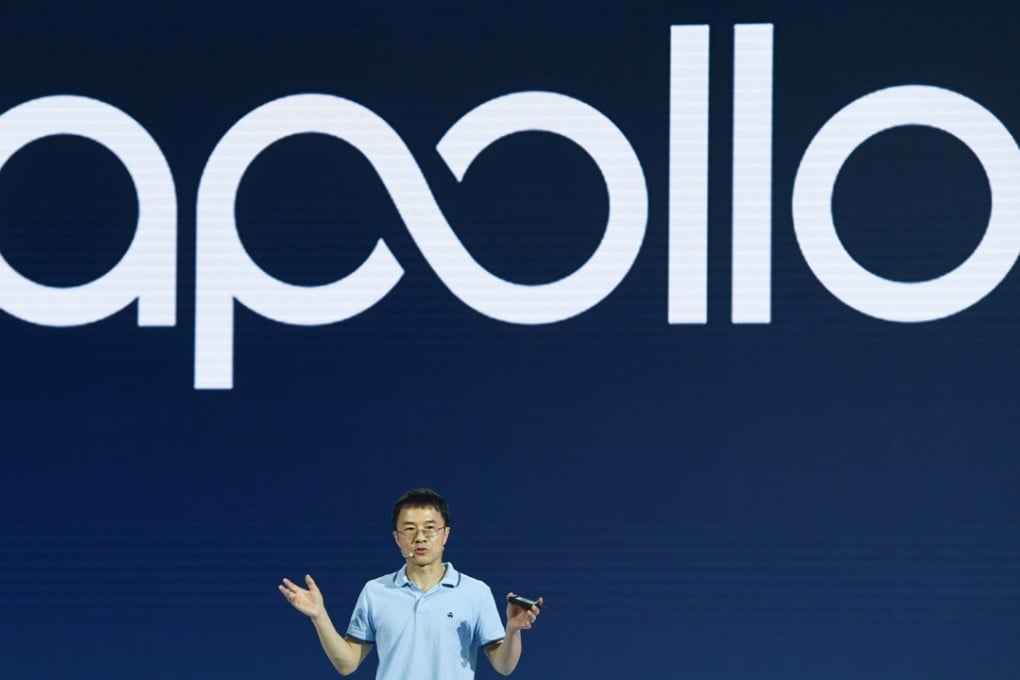Update | ‘China’s Google’ says government support and population size matters in global AI race
Baidu says that China is closing gap with US rapidly in artificial intelligence, thanks to strong government support and China’s huge population size, key ingredients in promoting the development of AI. The company unveiled its Apollo 2.0 autonomous driving platform at the CES trade show in Las Vegas.

China is catching up to the US in the race to develop artificial intelligence (AI), driven by the country’s population size and strong government support, according to Baidu Inc.
“The US is still by far the best in terms of top-tier talent, but China is closing the gap fast,” Lu Qi, Baidu vice-chairman and chief operating officer, said at the CES technology trade show in Las Vegas, describing Baidu as “China’s Google.” “To drive innovation requires infrastructure and a friendly policy environment..policy innovation is just as important as technology innovation. They go hand in hand, they must be in unison.”
The growing prevalence of AI in everyday life, from YouTube recommending videos based on one’s viewing history to increasingly autonomous driving cars, has sparked a debate on the government’s role in regulating and promoting its development. In China, as is elsewhere, consumers are also increasingly vocal about the security and ownership of their personal data.
With its 1.38 billion people, more than a billion smartphones in usage and 750 million internet users, China has “more data for people to try new ideas,” Lu said.
Baidu was sued by a Chinese consumer group, which accused the Beijing-based company of snooping on users of its mobile apps. Baidu said it does not monitor the phone calls of its users.
Alibaba Group Holding, which owns the South China Morning Post, and Tencent Holdings had to clarify to the public how they handled their information after they came under fire for the way they handle or gain users’ data.
China has included the development of AI in its five-year plan, a government road map that sets out the economic and policy priorities for support. Among its many initiatives is a project to build a smart and connected city essentially from scratch that will serve as a model for other metropolitan areas in China. That city, called Xiongan, signed a strategic partnership with Baidu last year.